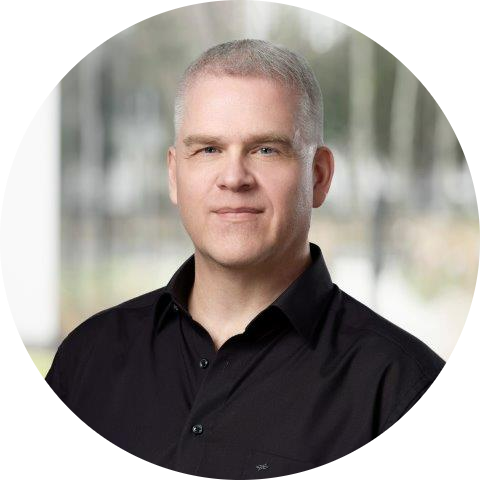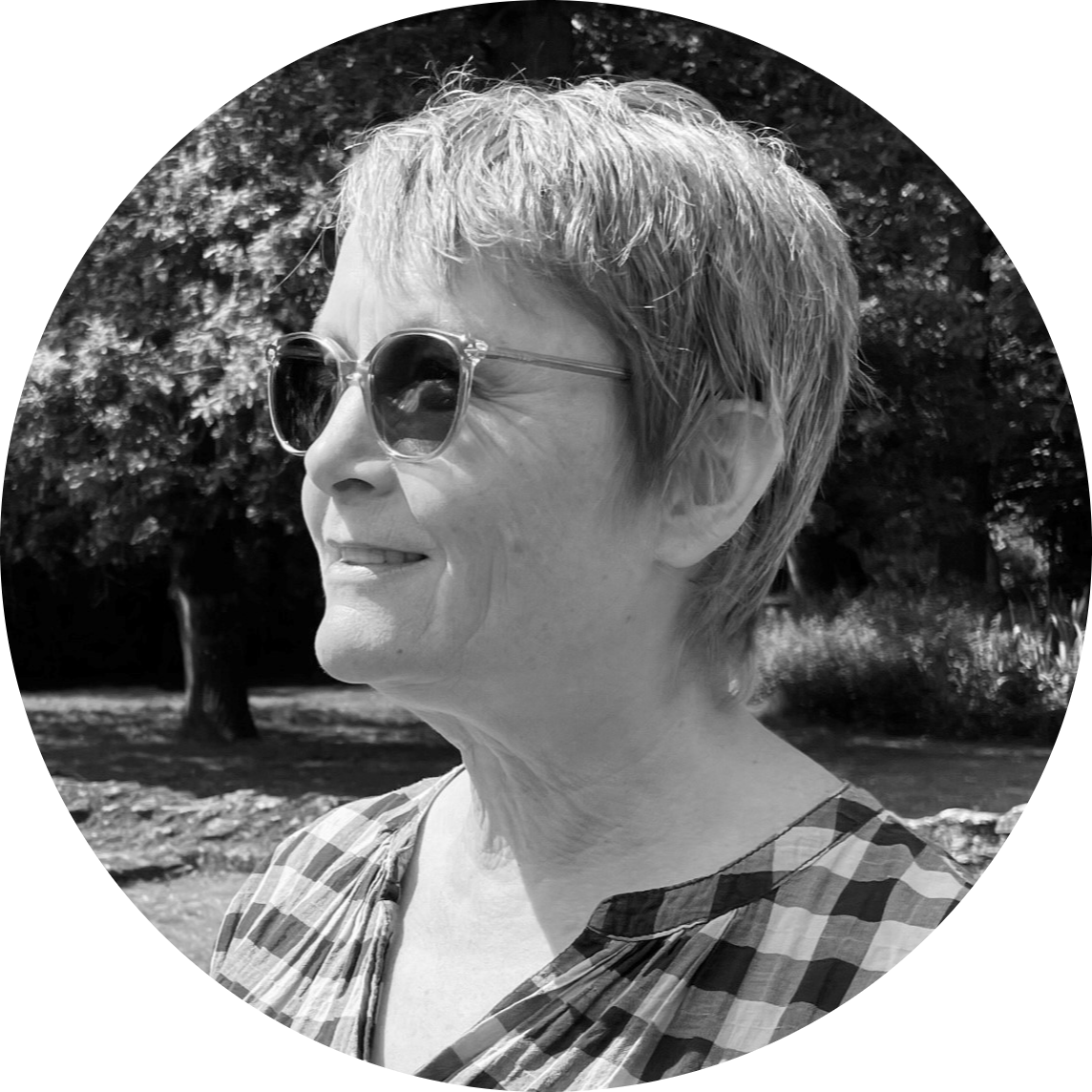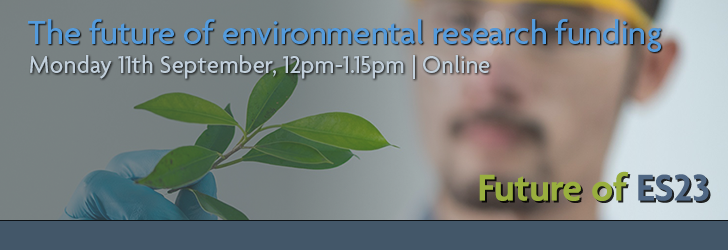Research funding has always played a key role in the development of environmental science. Over the past 50 years, the structure of environmental research has changed significantly, and it is only likely to change further as novel developments shape the funding landscape.
As we look forward to the future of the environmental sciences, the role of the research funding landscape remains a crucial question for how that future is formed. Key questions such as transparency, centralisation, and allocation of research funding require further consideration as we seek to develop robust research which effectively responds to environmental challenges.
This panel discussion, part of the IES's Future of ES23 horizon scanning and foresight project, brings together speakers with experiences across research funding to reflect on the future of the research funding landscape, particularly for the environmental sciences.
Speakers
Stefan Reis, DLR Projekttraeger

Stefan has undertaken research with a focus on integrated assessment modelling of air pollution and climate change, and their effects on human and ecosystem health for 26 years. From 2006-2023, he worked at the UK Centre for Ecology & Hydrology, based in Edinburgh, and most recently was head of Atmospheric Chemistry and Effects.
In March 2023, he has taken on the role as head of unit for Environment and Sustainability at the German Aerospace Centre’s research funding agency, DLR Projekttraeger, based in Bonn, Germany.
Ben Bleasdale, Campaign for Science and Engineering
 Ben Bleasdale is Director of the Discovery Decade project at the Campaign for Science and Engineering (CaSE). His team have conducted a landmark study of public attitudes towards R&D and are using this opinion data to help R&D advocates connect with new public supporters.
Ben Bleasdale is Director of the Discovery Decade project at the Campaign for Science and Engineering (CaSE). His team have conducted a landmark study of public attitudes towards R&D and are using this opinion data to help R&D advocates connect with new public supporters.
Ben has previously held roles at the Wellcome Trust, Academy of Medical Sciences and the Medical Research Council, and holds a PhD in virology.
Sarah Turner, Natural Environment Research Council (NERC)
 Sarah Turner is the Associate Director for Strategic Programme Delivery at UK Research and Innovation's Natural Environment Research Council (NERC).
Sarah Turner is the Associate Director for Strategic Programme Delivery at UK Research and Innovation's Natural Environment Research Council (NERC).
Before joining NERC November 2019, Sarah spent many years at the then NERC Centre for Ecology and Hydrology (CEH, now UK CEH) in a variety of roles. This followed a 10+ years of research into microbial evolution at Sheffield, York and UK CEH, building on her Biochemistry degree and PhD in molecular microbiology from the Universities of Bristol and Sheffield.


